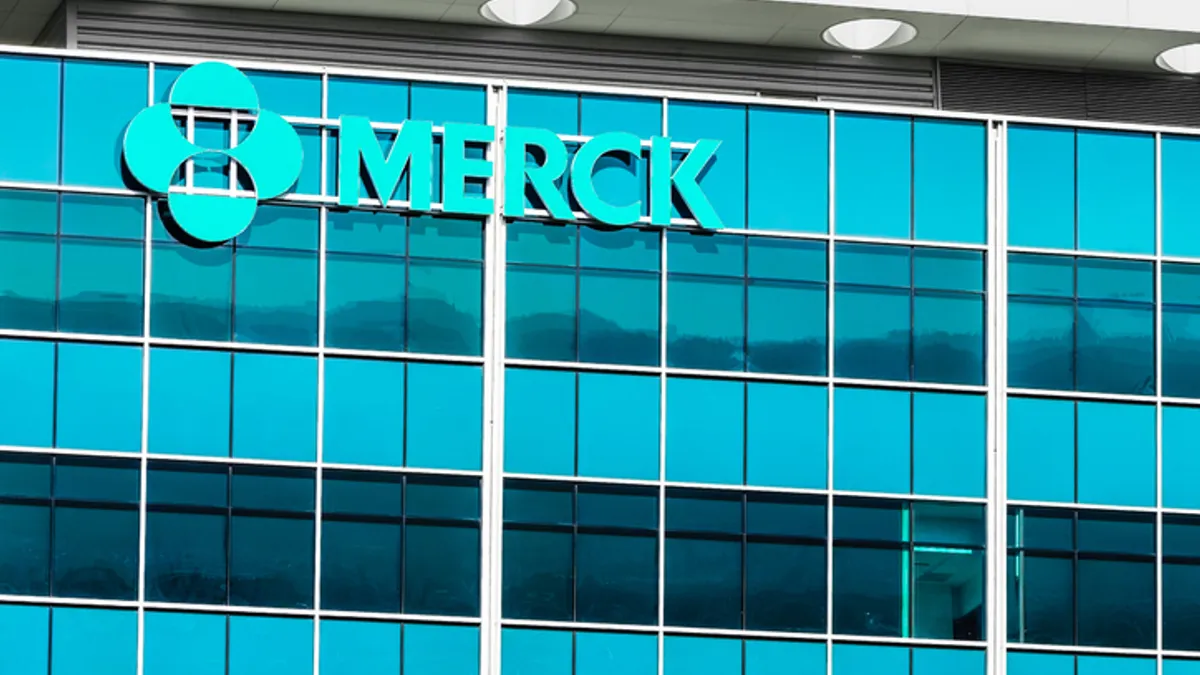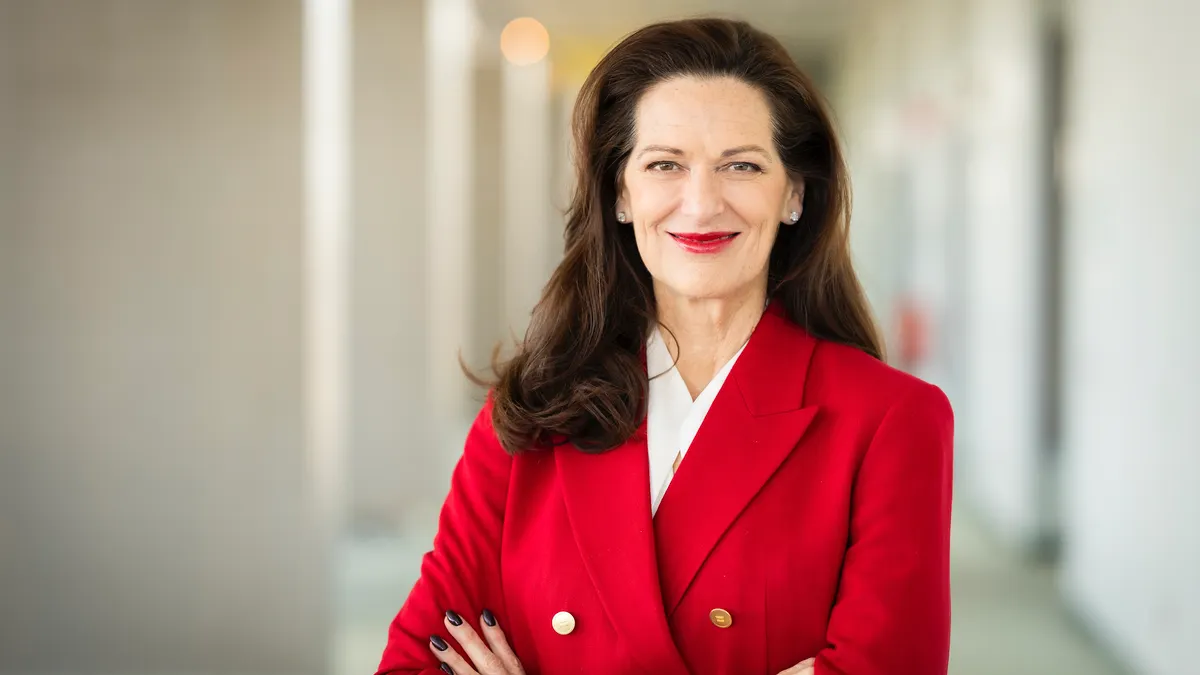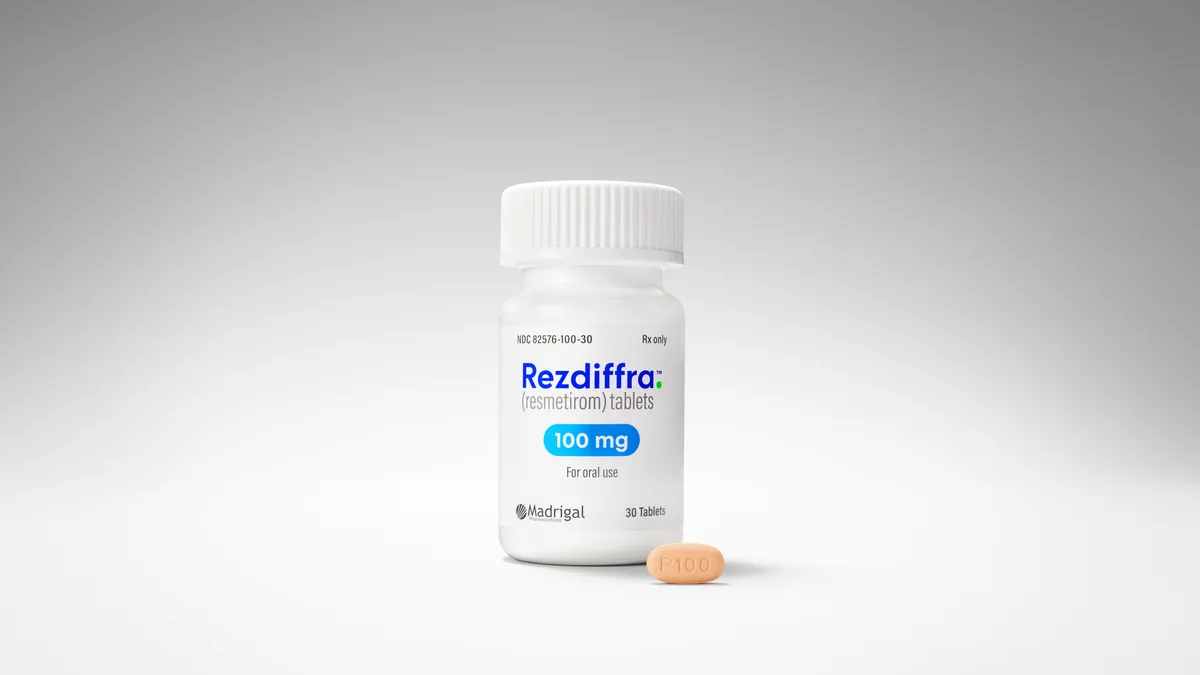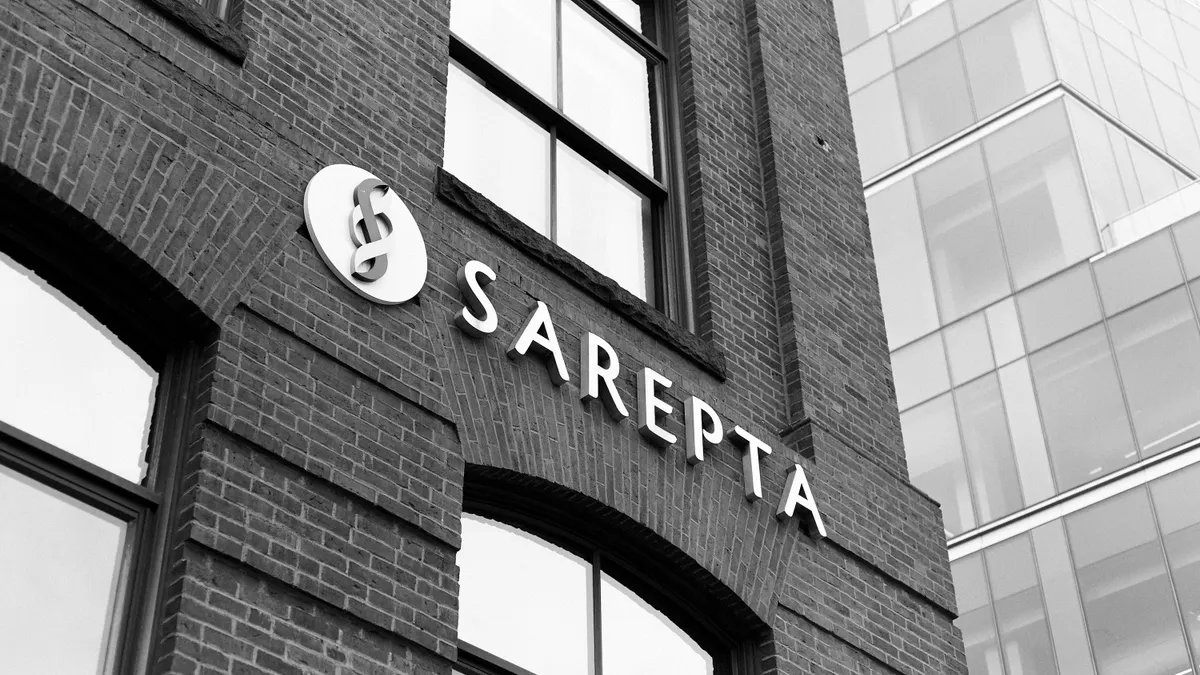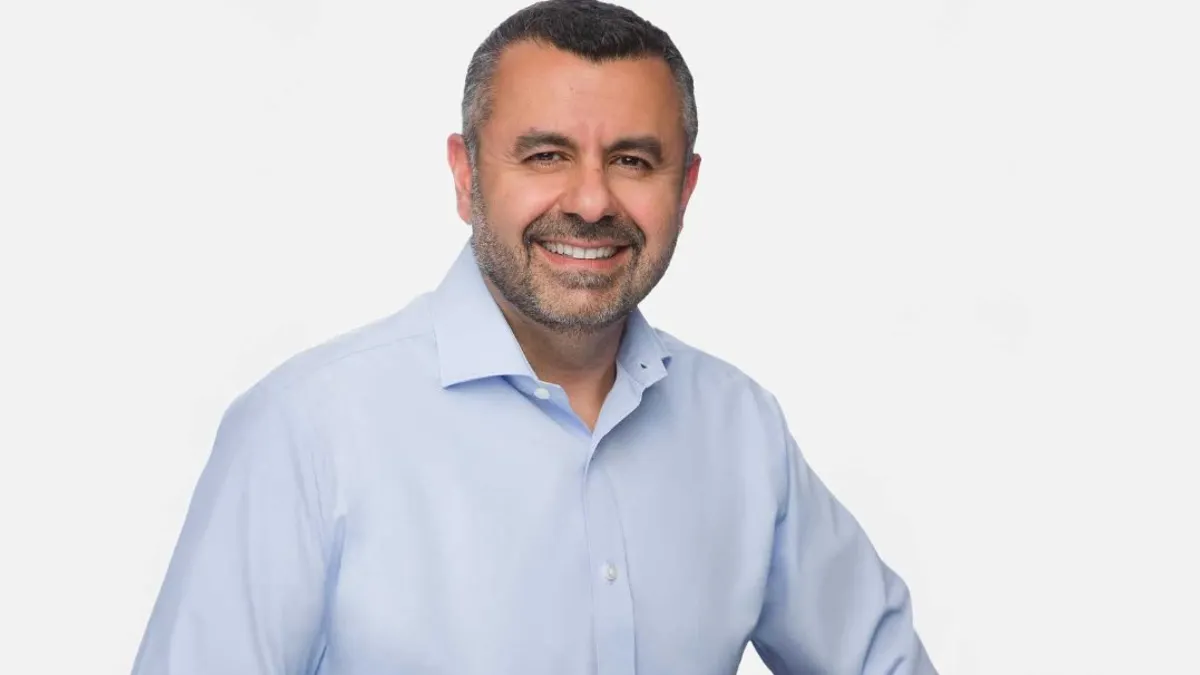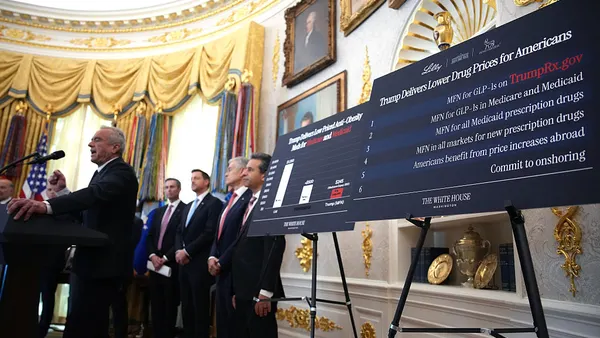When the FDA took Novo Nordisk and Eli Lilly’s GLP-1 medications off of the drug shortage list, the move should have been a death knell for copycat compounded versions. But then something unexpected took place.
Compounding pharmacies found a loophole and continued making off-brand versions of the lucrative weight loss drugs. Months later, compounded GLP-1s are still for sale on direct-to-patient platforms like Hims & Hers.
Compounded drugs, which are not FDA approved, are allowed on the market when the brand-name medications are in shortage or when patients need personalized versions. When Novo and Lilly’s drugs were in short supply last year, compounded GLP-1s were also sold at a significantly lower cost for those paying out of pocket.
But once the shortage was over, the FDA gave compounding pharmacies a grace period before it planned to crack down. Now, with the grace period long over, compounding pharmacies still operate by making their GLP-1s “personalized,” with slight changes to formulas. It’s a strategy some experts have described as a regulatory failure.
The compound drug issue has hit Novo particularly hard.
Earnings impact
During its second-quarter earnings call with analysts, Novo executives noted that compounded GLP-1s are impacting uptake for Wegovy prescriptions and the stunting the overall growth of the branded obesity market this year.
“Multiple entities continue to market and sell compounded GLP-1s under the false guise of personalization, and it is estimated … around 1 million patients are on compounded GLP-1s in the U.S.,” said David Moore, president of Novo Nordisk and executive vice president of U.S. operations.
At the same time, Novo has been grappling with tougher competition from Lilly, whose share of the obesity market rose to 57% as of the second quarter.
The compounding market is also becoming more complex. Several telehealth platforms that offer compounded GLP-1s have partnered with Lilly or Novo to offer their branded weight loss drugs. For example, health and fitness platform Noom partnered with Lilly’s direct-to-patient platform LillyDirect earlier this year to sell vials of Zepbound. However, Noom also launched low doses of compounded semaglutide this month starting at $119 per month — about a quarter of the cost for the branded drug’s starting dose.
The microdoses may reduce the impact of side effects from semaglutide use, which have caused many patients to abandon the treatments.
“We set out to virtually eliminate side effects for the vast majority, so that more than 70% of people would encounter no side effects,” Dr. Jeffrey Egler, chief medical officer at Noom, said in a statement. “In both my clinical experience and evidence in published studies, it is clear that many people discontinue GLP-1 treatment because of side effects.”
Lilly said in June it would only partner with telehealth platforms that agree not to sell compounded GLP-1s.
Novo’s DTC channel offers vials of Ozempic for about half the list price of its injectable pens. But compounded versions are taking too much share from this out-of-pocket option, diminishing Novo’s quarterly results and financial outlook, executives said this month.
“As unsafe and unlawful mass compounding continues, the Wegovy penetration within the cash channel has been lower than expected,” Moore said on the earnings call.
New lawsuits
Lilly and Novo maintain that personalized compounded GLP-1s are running afoul of the law, and both have launched new lawsuits in an attempt to prohibit pharmacies from selling the products. The companies also argue that compounded GLP-1s put patients at risk.
Novo filed 14 new lawsuits this month against medical spas, telehealth platforms and compounding pharmacies, alleging the “unapproved knockoffs” of Wegovy are made with illegal APIs and are not safe. The suits also allege companies are violating the law by influencing doctors to steer patients toward the compounded versions.
“This is a priority for our company. This is a priority to protect patient safety. This is a priority to ensure that the laws are followed,” Moore said of the lawsuits during the earnings call.
Moving forward, Moore also said “there is nothing categorically that is off the table” with respect to the litigation. He also said Novo has increased dialogue with the FDA to put more pressure on companies that are “misleading patients” with the compounded GLP-1s.
The FDA recently updated its warning about unapproved, compounded GLP-1s, calling them “risky.”





